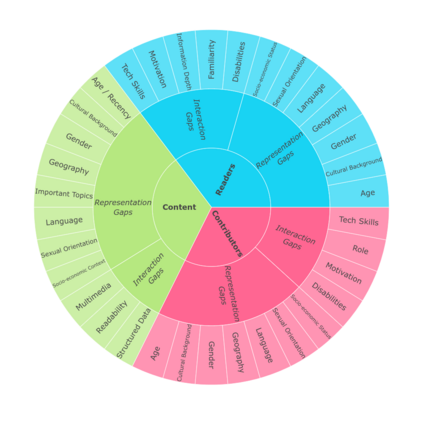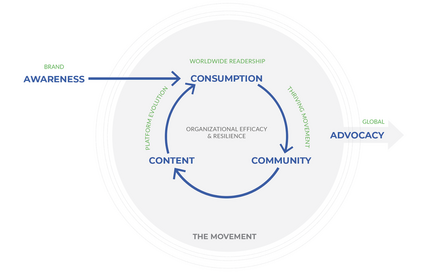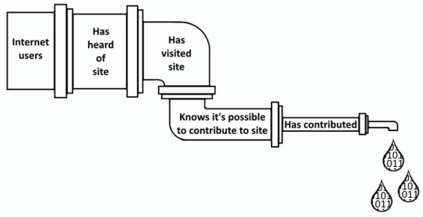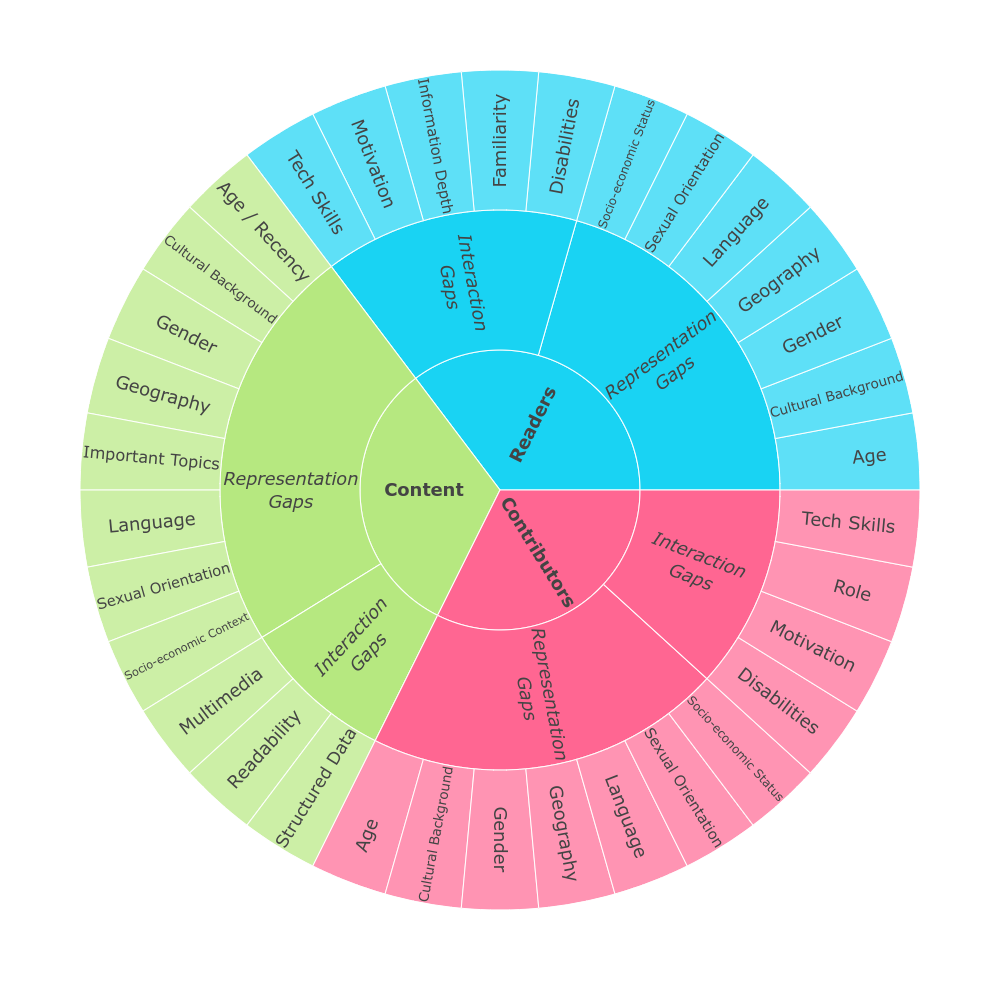In January 2019, prompted by the Wikimedia Movement's 2030 strategic direction, the Research team at the Wikimedia Foundation identified the need to develop a knowledge gaps index -- a composite index to support the decision makers across the Wikimedia movement by providing: a framework to encourage structured and targeted brainstorming discussions; data on the state of the knowledge gaps across the Wikimedia projects that can inform decision making and assist with measuring the long term impact of large scale initiatives in the Movement. After its first release in July 2020, the Research team has developed the second complete draft of a taxonomy of knowledge gaps for the Wikimedia projects, as the first step towards building the knowledge gap index. We studied more than 250 references by scholars, researchers, practitioners, community members and affiliates -- exposing evidence of knowledge gaps in readership, contributorship, and content of Wikimedia projects. We elaborated the findings and compiled the taxonomy of knowledge gaps in this paper, where we describe, group and classify knowledge gaps into a structured framework. The taxonomy that you will learn more about in the rest of this work will serve as a basis to operationalize and quantify knowledge equity, one of the two 2030 strategic directions, through the knowledge gaps index.
翻译:2019年1月,在维基媒体运动2030年战略方向的推动下,维基媒体基金会研究小组确定需要制定知识差距指数 -- -- 一种综合指数,以支持维基媒体运动的决策者,方法是提供:一个鼓励有条理和有针对性的集思广益讨论的框架;关于维基媒体项目的知识差距状况的数据,为决策提供信息,并协助衡量该运动大规模举措的长期影响。在2020年7月首次发布后,该研究小组为维基媒体项目制定了知识差距分类的第二完整草案,作为建立知识差距指数的第一步。我们研究了学者、研究人员、从业人员、社区成员和附属机构的250多处参考资料 -- -- 揭示了读者、贡献者和维基媒体项目内容方面的知识差距的证据。我们详细阐述了该文件中的知识差距的研究结果,并汇编了该文件中的知识差距的分类,我们在这里对知识差距进行了描述、分组和分类,将其纳入一个结构化的框架。你将在这项工作的其余部分学到更多知识差距的分类将作为落实和量化知识公平的基础,这是2030年两个战略方向之一,通过知识差距。







